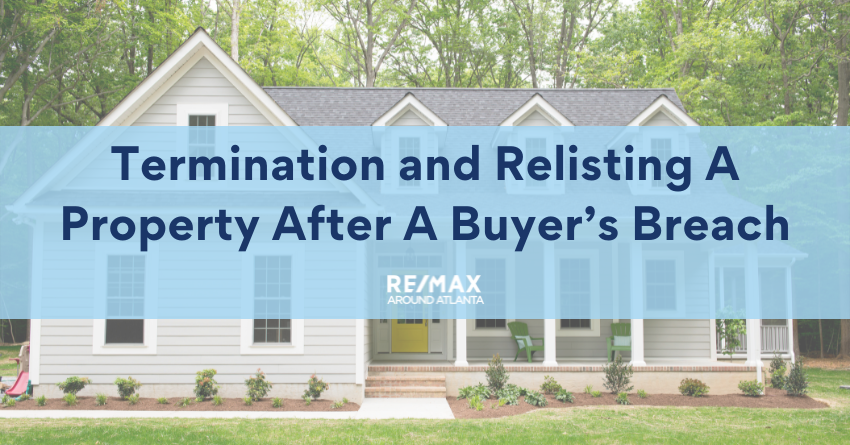|
Lawsuits alleging fraud are the top E&O claims asserted against real estate professional. The typical claim is brought by an unhappy purchaser that the buyer believes should have been disclosed prior to purchase. A failure to disclose serious defects can even rise to the level of real estate fraud in Georgia. Proven attempts to hide, cover up or disguise defects so the buyer or inspector will not notice them surely rise to the level of actionable fraud. Fraud is not covered by E&O policies. Even though Georgia is a “Buyer Beware” (Caveat Emptor) state, meaning that the buyer has a high-level of responsibility to inspect the property thoroughly, a failure to disclose known defects can prove costly to a Seller and, possibly, to the Seller’s agent.
The Seller’s Property Disclosure shows both Seller and Buyer exactly what the defects are, so there are no future problems. While sellers may view disclosures as a burden, Property Disclosures exist to protect sellers, buyers and their brokers. This GAR Seller’s Disclosure Statement is made a part of the Purchase and Sale Agreement (PSA) and incorporated by reference in Section 7 of the PSA, so long as the appropriate box is checked in the PSA. If it is not checked, the SPD is not a part of the contract and does not protect no matter how detailed it is. The Lead Based Paint Disclosure can be the source of an action for negligence or fraud too. Be sure to include connected, complete and accurate Sellers Property Disclosures and a Lead Based Paint Disclosures so to protect your clients and yourself!
0 Comments
Leave a Reply. |
RMAAReal Estate News, Brokers Blog & More Categories
All
Archives
July 2024
|


 RSS Feed
RSS Feed